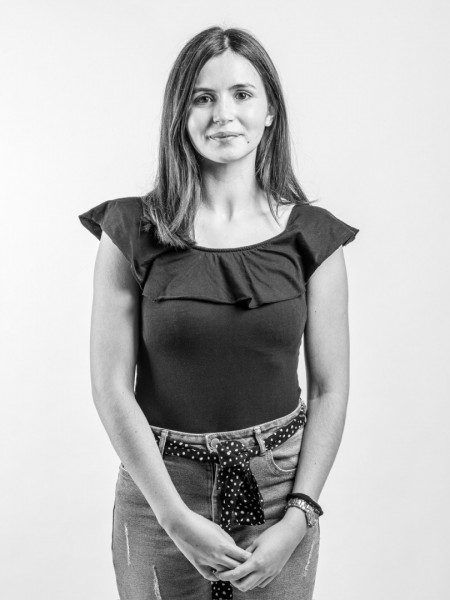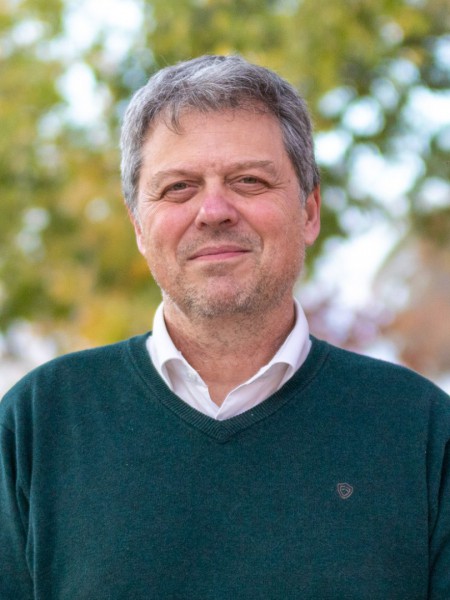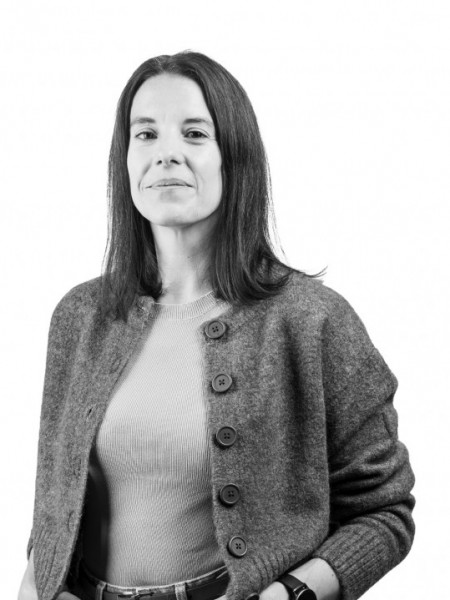abstract
Designing a microenvironment that drives autonomous stromal cell differentiation toward osteogenesis while recapitulating the complexity of bone tissue remains challenging. In the current study, bone-like microtissues are created using electrohydrodynamic atomization to form two distinct liquefied microcapsules (mCAPs): i) hydroxypyridinone (HOPO)-modified gelatin (GH mCAPs, 7.5% w/v), and ii) HOPO-modified gelatin and dopamine-modified gelatin (GH+GD mCAPs, 7.5%+1.5% w/v). The ability of HOPO to coordinate with iron ions at physiological pH allows the formation of a semipermeable micro-hydrogel shell. In turn, the dopamine affinity for calcium ions sets a bioactive milieu for bone-like microtissues. After 21 days post encapsulation, GH and GH+GD mCAPs potentiate autonomous osteogenic differentiation of mesenchymal stem cells accompanied by collagen type-I gene upregulation, increased alkaline phosphatase (ALP) expression, and formation of mineralized extracellular matrix. However, the GH+GD mCAPs show higher levels of osteogenic markers starting on day 14, translating into a more advanced and organized mineralized matrix. The GH+GD system also shows upregulation of the receptor activator of nuclear factor kappa-B ligand (RANK-L) gene, enabling the autonomous osteoclastic differentiation of monocytes. These catechol-based mCAPs offer a promising approach to designing multifunctional and autonomous bone-like microtissues to study in vitro bone-related processes at the cell-tissue interface, angiogenesis, and osteoclastogenesis. Liquified microcapsules made from gelatin-hydroxypyridinone, and gelatin-dopamine stimulate autonomously osteogenesis of mesenchymal stem cells, favoring the formation of mineralized matrices. The produced microtissues can release cytokines important for promoting angiogenesis and bone remodeling, favoring the in vitro mimic of the structural and biological characteristics found in bone.image
keywords
OSTEOGENESIS; OSTEOCALCIN; DESIGN
subject category
Chemistry; Science & Technology - Other Topics; Materials Science; Physics
authors
Pinho, AR; Gomes, MC; Costa, DCS; Mano, JF
our authors
Projects
CICECO - Aveiro Institute of Materials (UIDB/50011/2020)
CICECO - Aveiro Institute of Materials (UIDP/50011/2020)
Associated Laboratory CICECO-Aveiro Institute of Materials (LA/P/0006/2020)
acknowledgements
This work was developed within the scope of the project CICECO-Aveiro Institute of Materials, UIDB/50011/2020, UIDP/50011/2020, & LA/P/0006/2020, financed by national funds through the FCT/MCTES (PIDDAC). The authors acknowledge funding from the European Research Council (ERC) through the project "Reborn" (ERC-2019-ADG-883370). The TETRISSUE (PDTC/BTM-MAT/3201/2020) project is acknowledged for the individual Junior Researcher contract of M.G.G. A.R.P. acknowledges FCT for a PhD grant (2021.05888.BD).





